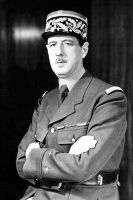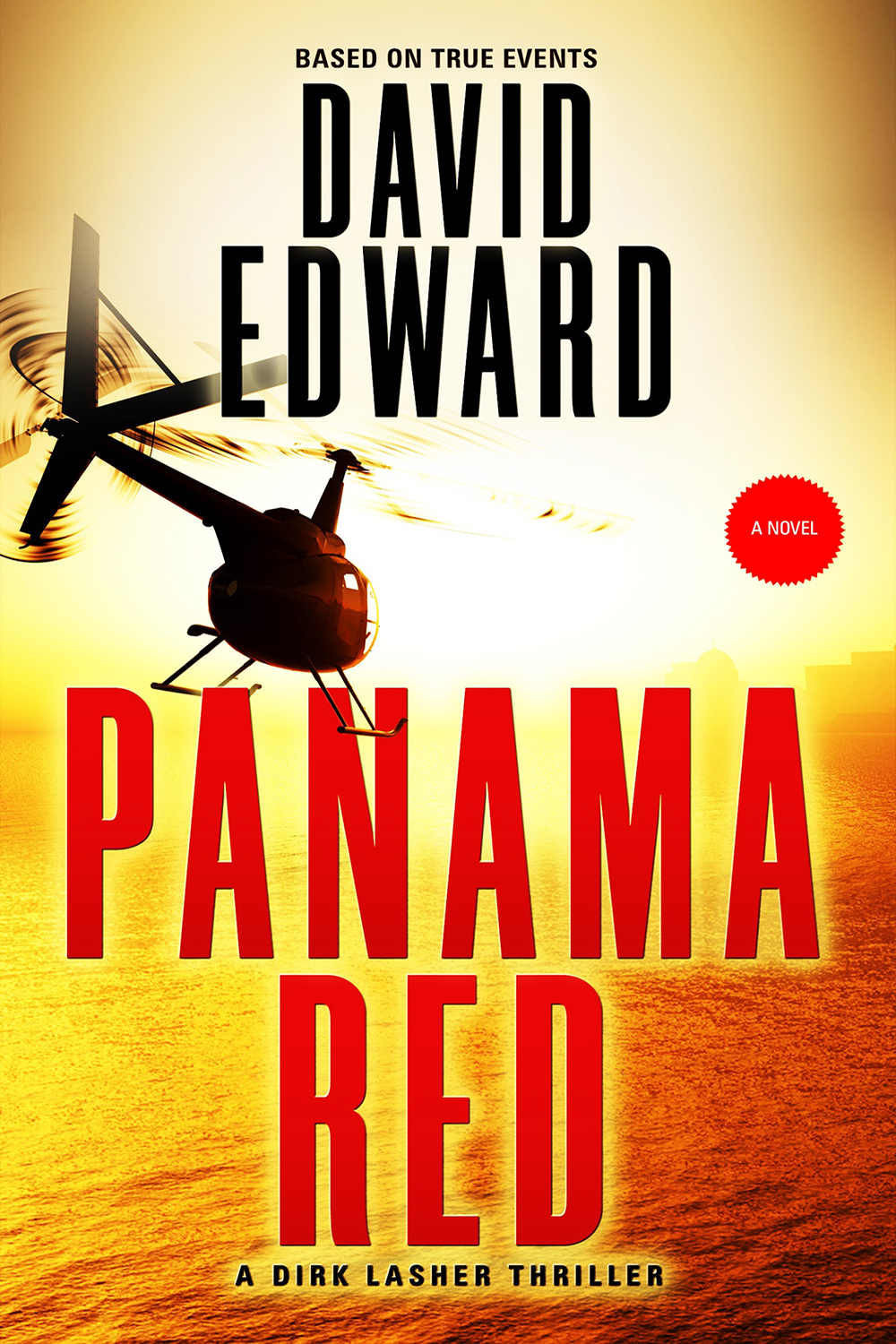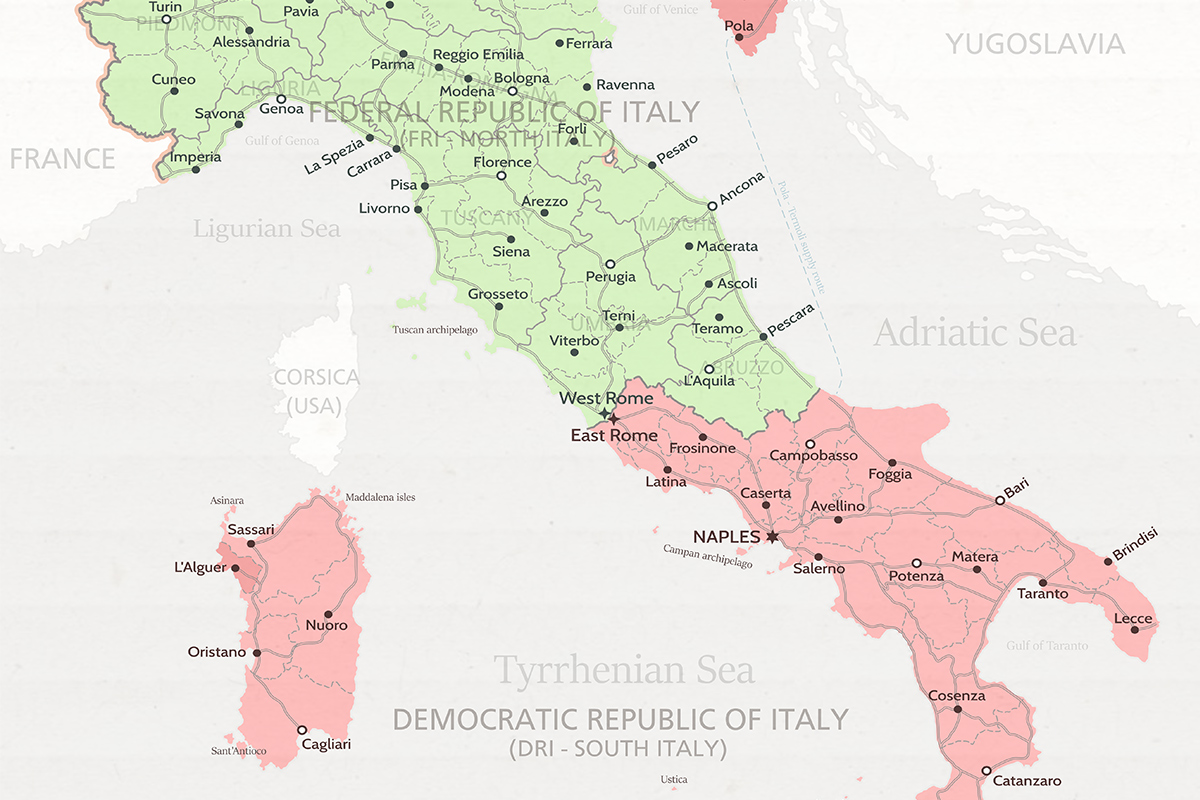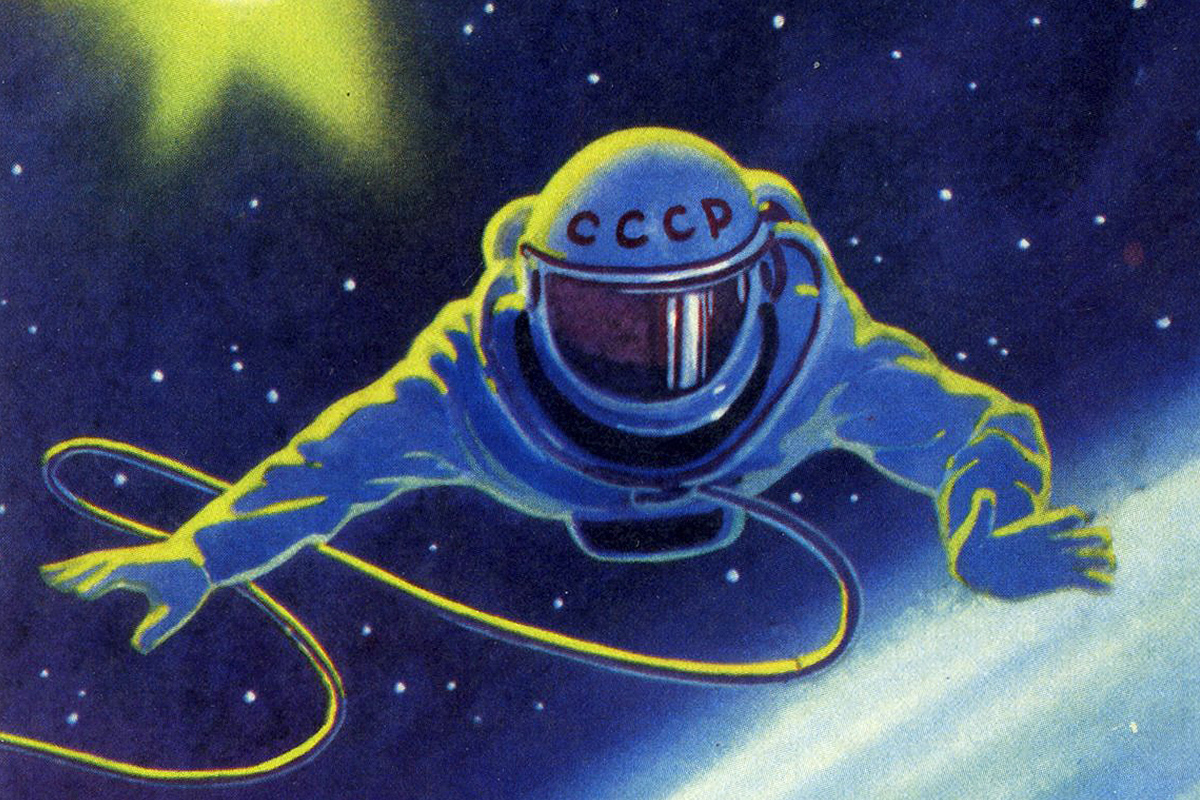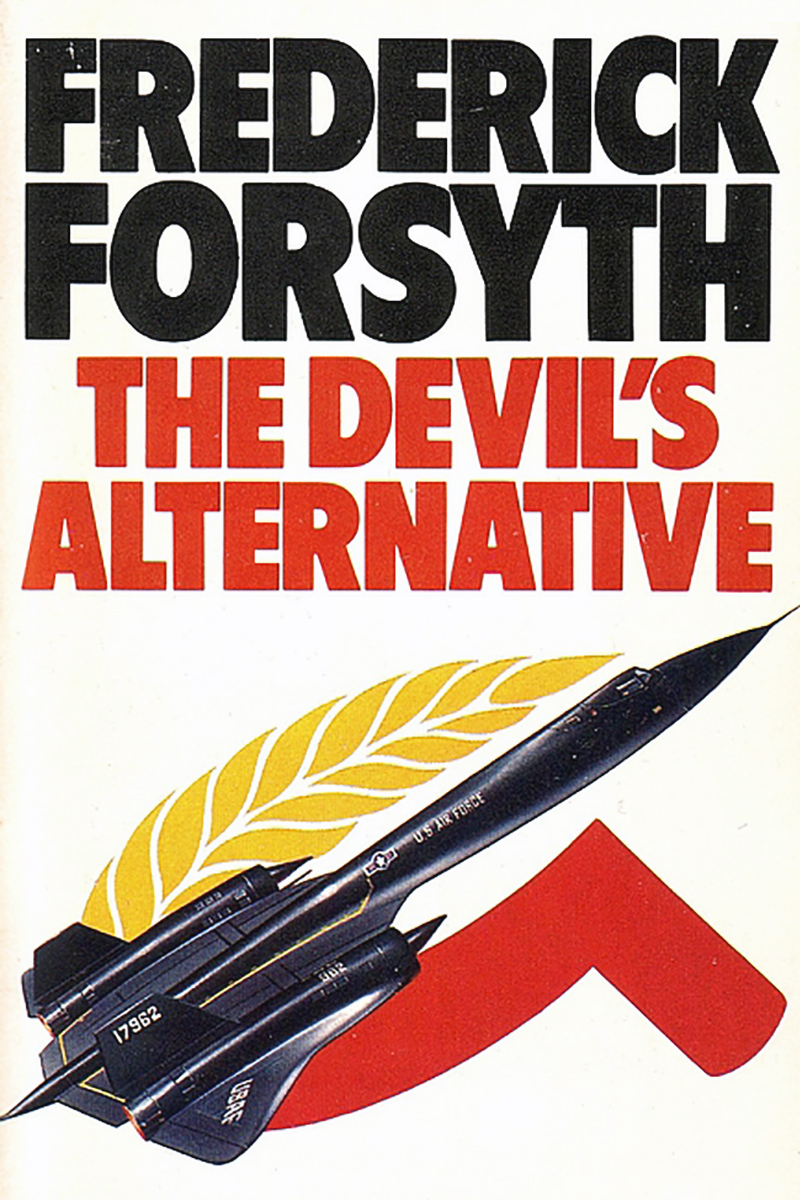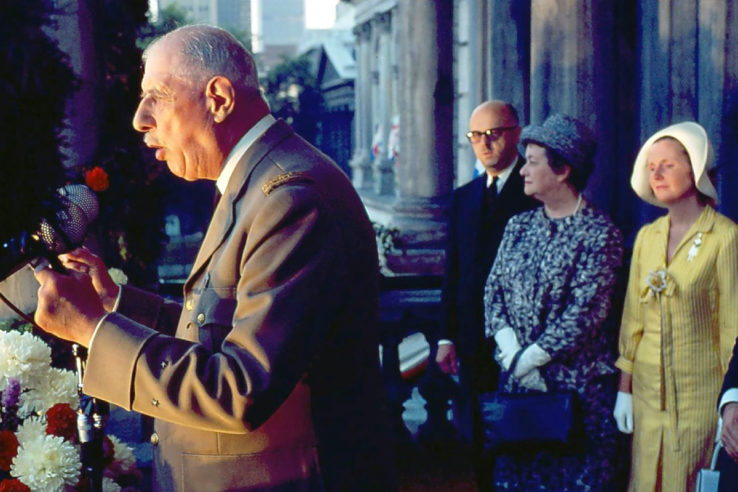
European countries generally welcomed American involvement after the Second World War. From the Marshall Plan to NATO, the United States was seen as a benevolent influence.
But American help came with a price. European governments were expected to keep the far left out of power, accept the rehabilitation of West Germany and curtail trade and other relations with the Soviet Union.
France took exception to being treated as an instrument of American foreign policy. Charles de Gaulle famously blocked Britain’s entry into the European Economic Community, believing it would be a Trojan horse for America. He refused to give up France’s independent nuclear deterrent and even pulled out of NATO’s integrated military structure in 1966.
Stubborn partner
France had been a stubborn partner in the American-led Western alliance from the start. De Gaulle, as wartime leader of Free France, had insisted on being treated as an equal by Winston Churchill and Franklin Roosevelt — but he wasn’t. France tried, and failed, to get its colonies, particularly Algeria, to be recognized as territories that would be covered under the terms of the North Atlantic Treaty.
Britain and France drew different lessons from the perceived American betrayal during the Suez Crisis, when President Dwight Eisenhower forced them and Israel to withdraw from Egypt. The British accepted that their superpower days were over and hugged the Americans closer. The French, who still thought they were one-third of a triumvirate that ruled the West, took the Special Relationship as a slight.
Grandeur
De Gaulle returned as leader of France in 1958, when he replaced the parliamentary Fourth Republic, which couldn’t deal with the Algerian independence crisis, with a presidential system. With the economic wind at his back (France was in the middle of its “thirty glorious years” of almost uninterrupted growth), de Gaulle set out to restore French prestige in the world. Europe would be its vehicle.
“Grandeur became an important ingredient of Gaullist foreign policy,” argues Sebastian Reyn in Atlantis Lost: The American Experience with De Gaulle, 1958-1969 (2007), “in part because it addressed a deep political and psychological need among the French for reassurance in a time of decline.”
It entailed positioning France as a paragon of civilization and a moral force on the basis of its historical, political and cultural achievements.
De Gaulle’s desire to amplify French influence beyond its borders resonated with his people’s self-image of a nation that moved history forward.
An expression of this French exceptionalism was the military. National defense, according to de Gaulle, was the core responsibility of the state and not to be entrusted to outsiders. Hence the need for an independent French nuclear deterrent.
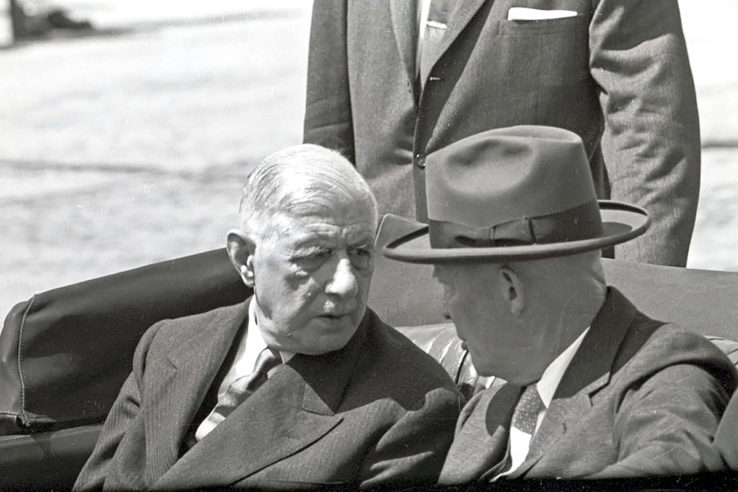
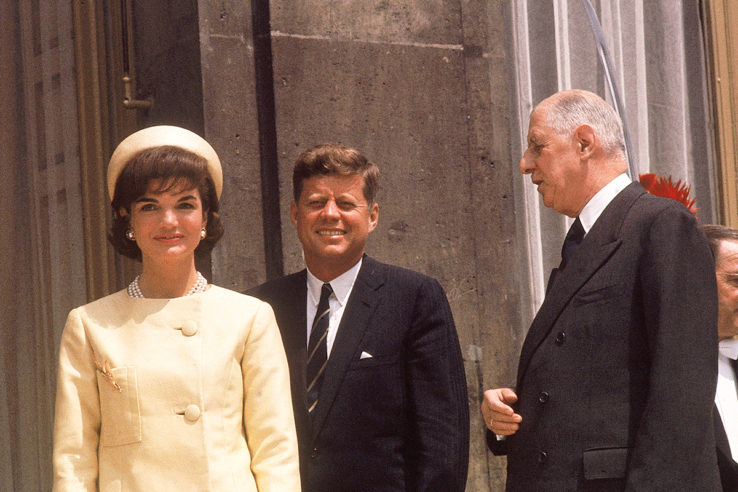
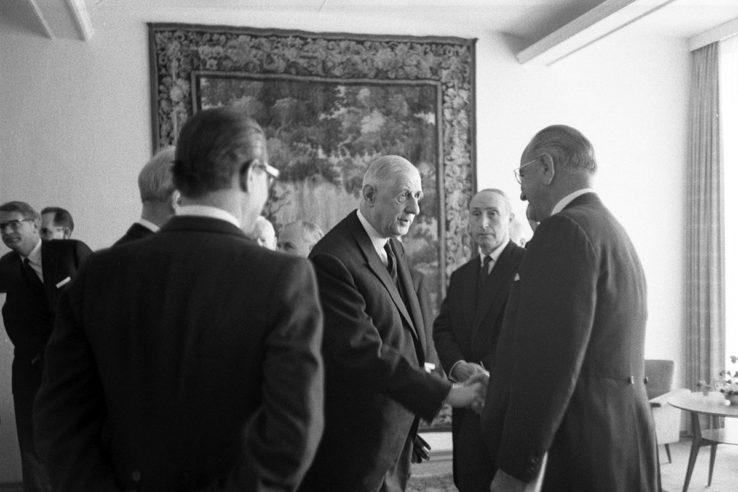
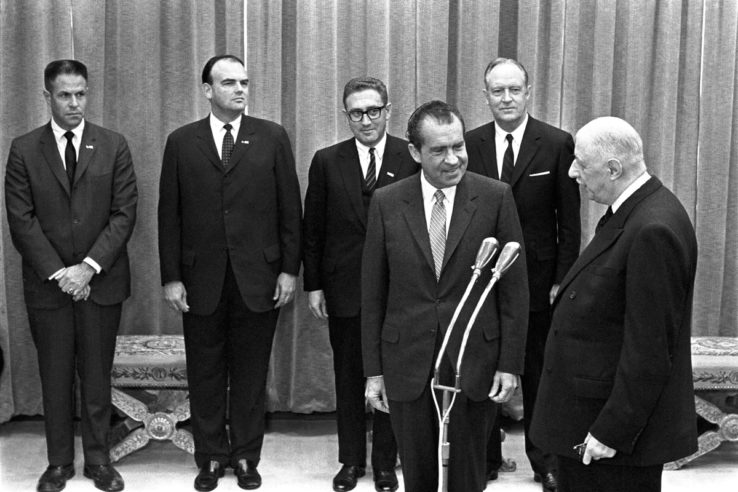
Third pole
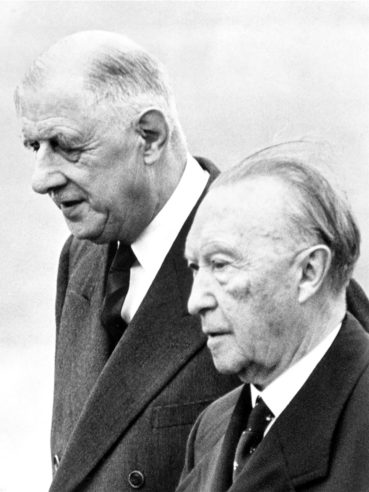
By the 1960s, Western Europe had recovered from the Second World War. America was distracted in Cuba, Latin America and Southeast Asia. De Gaulle felt the time was ripe for a new transatlantic relationship, one in which Europe could draw on America’s “reserve” in times of need — but otherwise the Americans would remain across the ocean.
De Gaulle was not naive. He understood the need for American support against the threat of Soviet expansionism. He despised American meddling in the affairs of Europe as much as he feared American isolationism. The solution was a strong Europe that could stand up for itself. Led, of course, by France.
The rest of Europe wasn’t so sure. The West Germans, who were on the frontline of the Cold War, relied on the United States for their defense. Geir Lundestad writes in The United States and Western Europe since 1945 (2005) that the Americans exploited this dependence to force the government in Bonn to pick a side: America or France. The West Germans were appalled, but also clear — if push came to shove, they would side with the Americans.
De Gaulle was undeterred. After withdrawing from NATO’s command structure in 1966, he visited Russia to assert France’s equidistance from the Soviet bloc and the United States. He was convinced the Cold War would end some day and a French-led Europe would emerge as third pole between East and West.
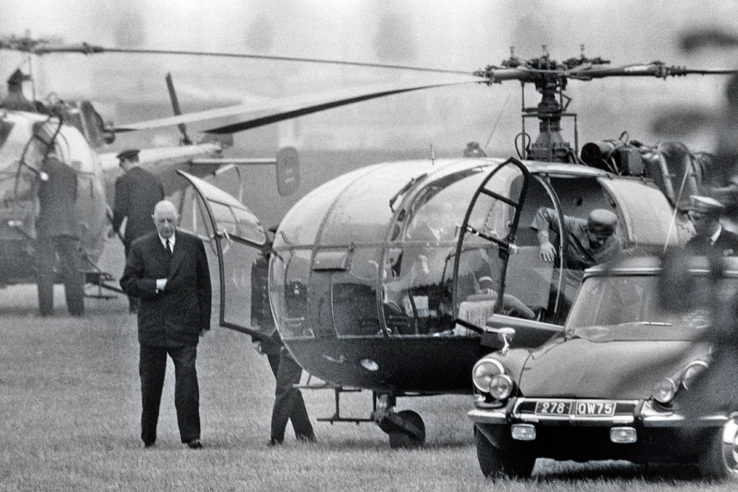
The Russians didn’t share his vision. Moscow appreciated the old general’s independence from Washington, but it was unwilling to make concessions. When Soviet tanks rolled into Czechoslovakia in August 1968, de Gaulle’s hopes of uniting Europe from “the Atlantic to the Urals” had to put on hold. The reality of the Cold War had intervened — and restored America’s primary in the Western camp.

